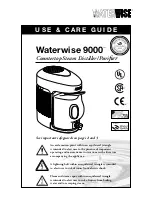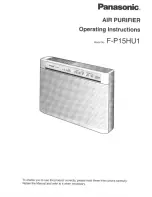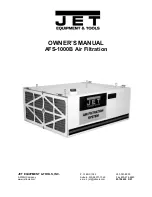
Ka
ysun Amaz
on Unit
ario T
op Dischar
ge Engineering Da
ta Book
Amazon Unitario Top Discharge
158
5.5 Brazing
Care must be taken to prevent oxide forming on the inside of copper piping during brazing. The presence of oxide in a
refrigerant system adversely affects the operation of valves and compressors, potentially leading to low efficiency or even
compressor failure. To prevent oxidation, during brazing nitrogen should be flowed through the refrigerant piping.
Notes for installers
Warning
Never flow oxygen through piping as doing so aids oxidation and could easily lead to explosion and as such is
extremely dangerous.
Take appropriate safety precautions such as having a fire extinguisher to hand whilst brazing.
Flowing nitrogen during brazing
Use a pressure reducing valve to flow nitrogen through copper piping at 0.02-0.03MPa during brazing.
Start the flow before brazing starts and ensure that the nitrogen continuously passes through the section being
brazed until the brazing is complete and the copper has cooled down completely.
Figure 3-5.4: Flowing nitrogen through piping during brazing
Legend
1
Copper piping
2
Section being brazed
3
Nitrogen connection
4
Hand valve
5
Pressure-reducing valve
6
Nitrogen
When joining a shorter section of piping to a longer section, flow nitrogen from the shorter side to allow better
displacement of air with nitrogen.
If the distance from the point where nitrogen enters the piping to the joint to be brazed is long, ensure that the
nitrogen is flowed for sufficient time to discharge all the air from the section to be brazed before commencing
brazing.
Figure 3-5.5: Flowing nitrogen from shorter side during brazing
Box continued on next page …
Brazing
Section being brazed
Shorter section of piping
Nitrogen
Brazing
Elbow joint
Shorter section of piping
Nitrogen
















































